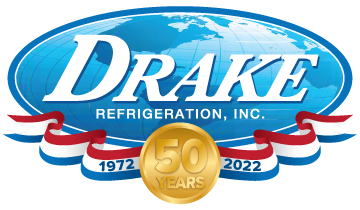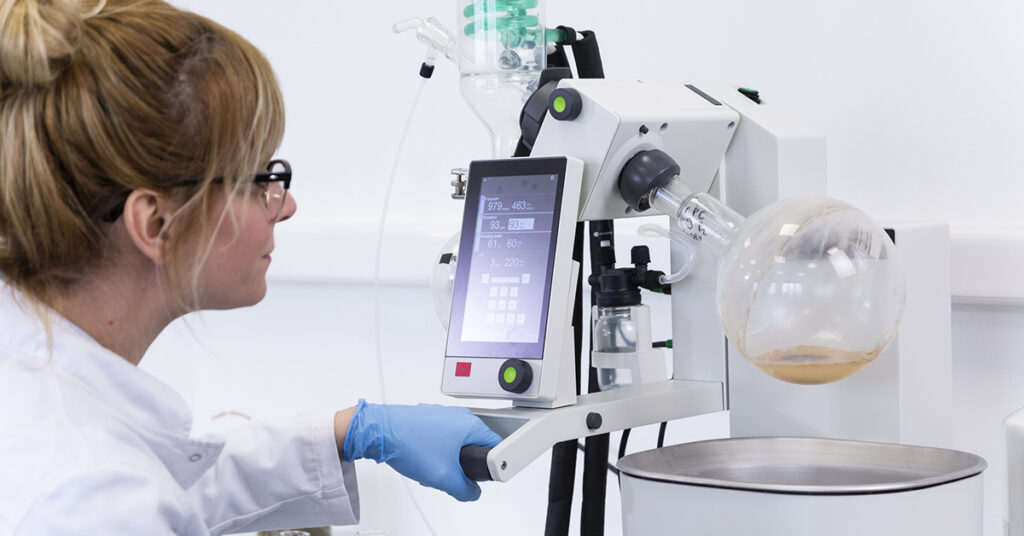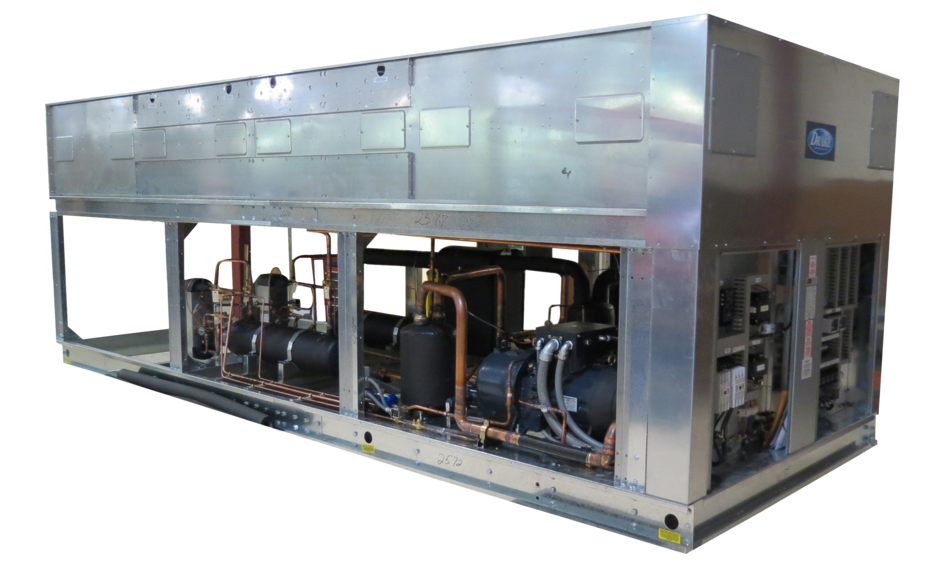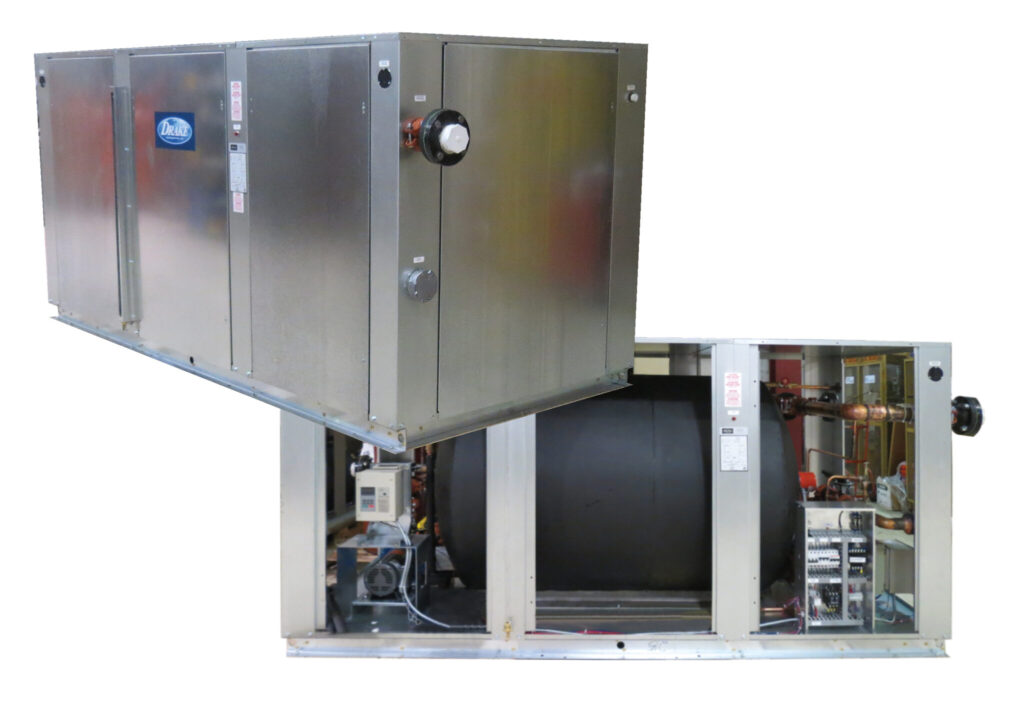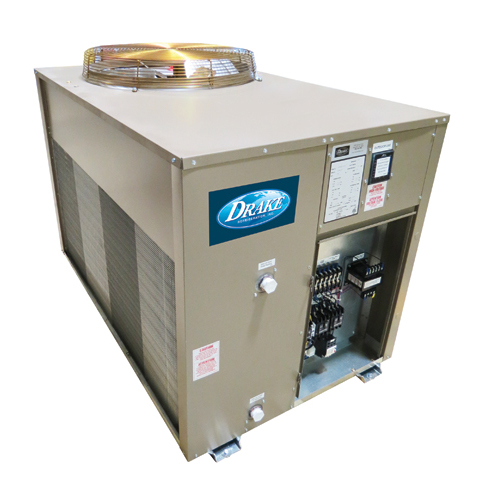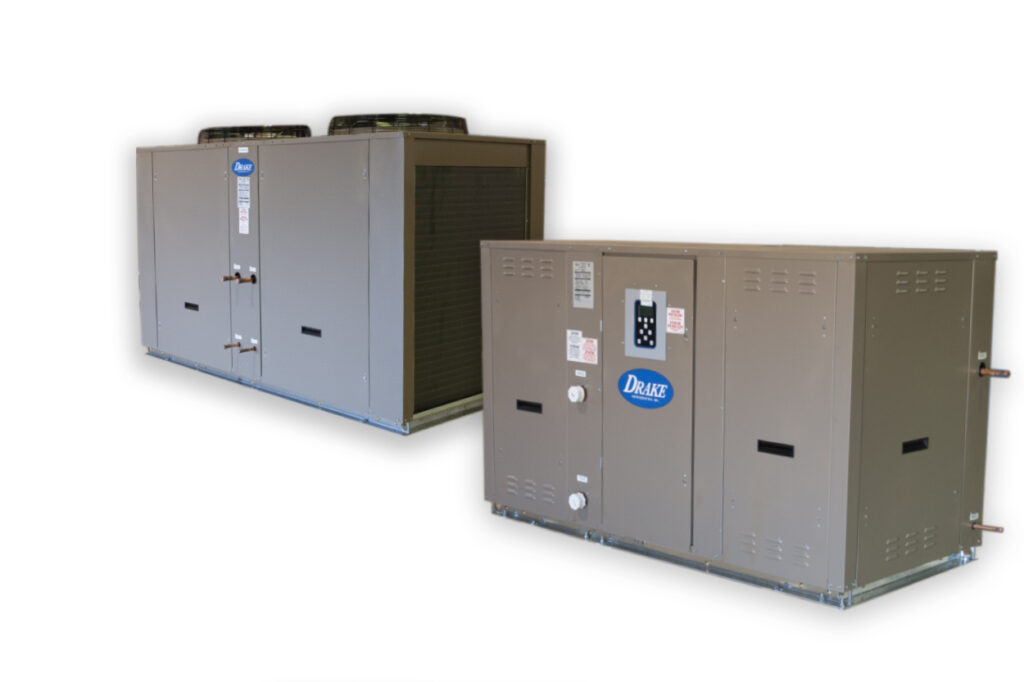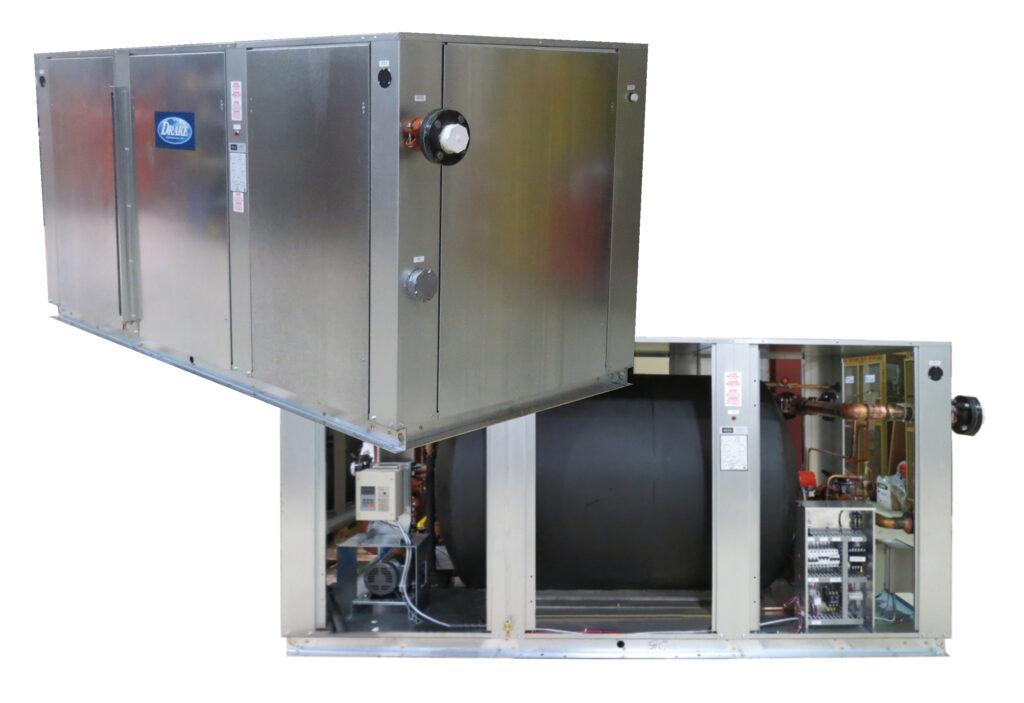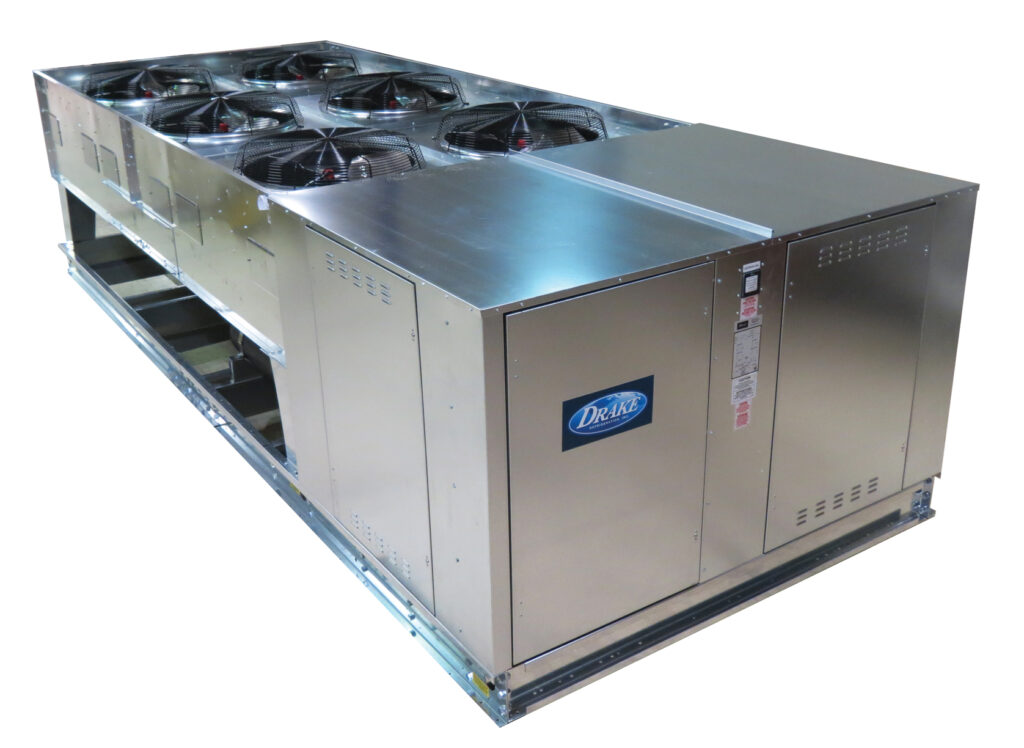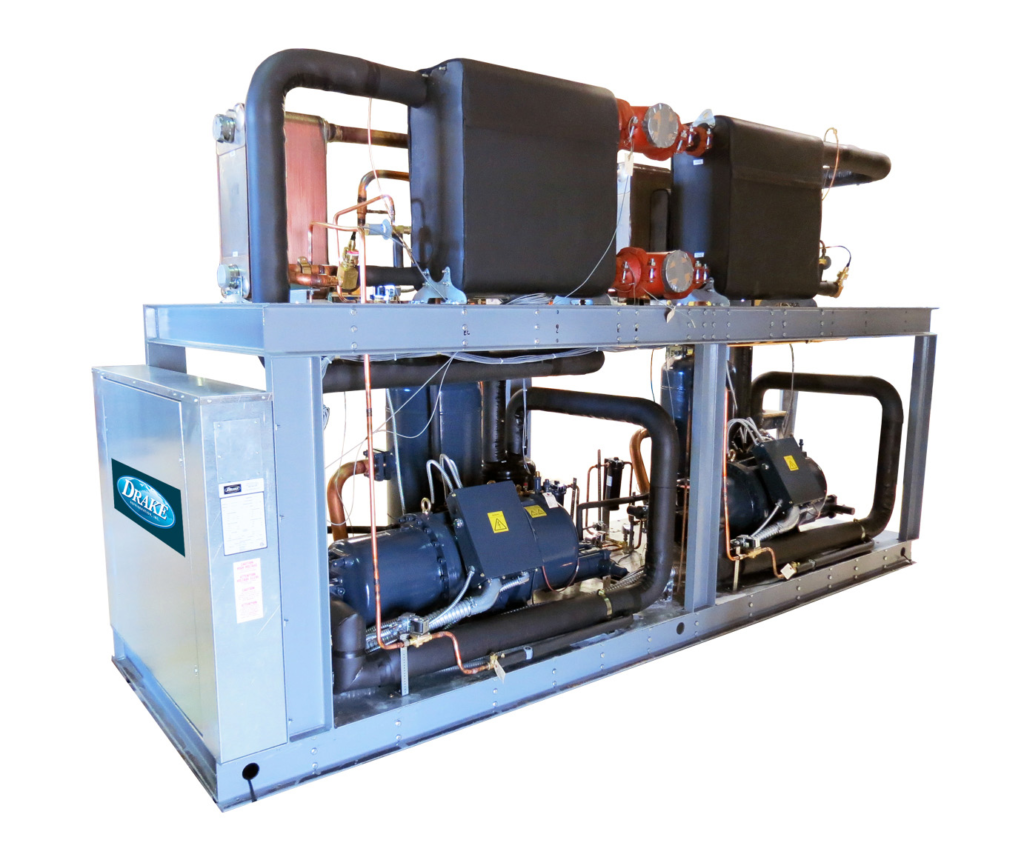
Industrial process chillers are not universal. Instead, they are custom-designed engineered solutions tailored to suit your unique application requirements. Skilled engineers review each system to ensure it’s customized to your operational needs, addressing specific factors for your application, such as varying heat loads, narrow temperature requirements, corrosive fluid, near freezing water applications, extreme fluid temperatures, ambient conditions, and corrosive environments.
This post details the engineering expertise that goes into every process chiller to demonstrate what you can expect when designing your system, including:
- System analysis
- Layout
- Custom controls
- Redundancy
- Capacity control
- Energy efficiency
Keep reading to learn more about the role of engineering in designing high-performance process chillers to ensure your system meets your unique application requirements.
